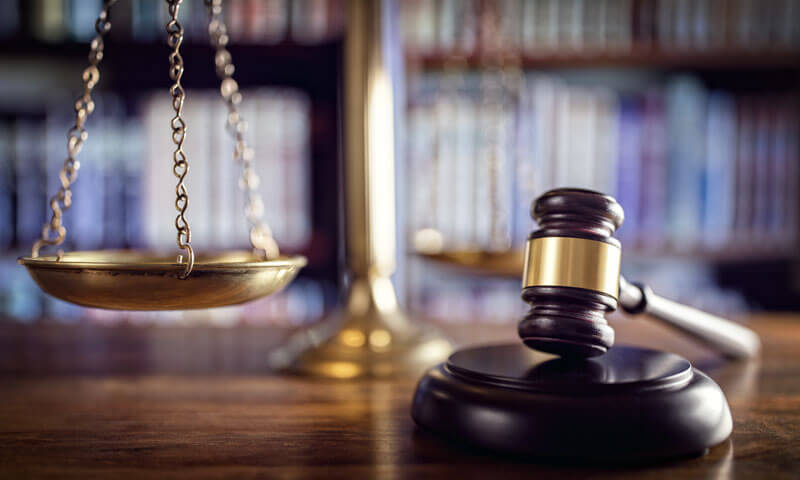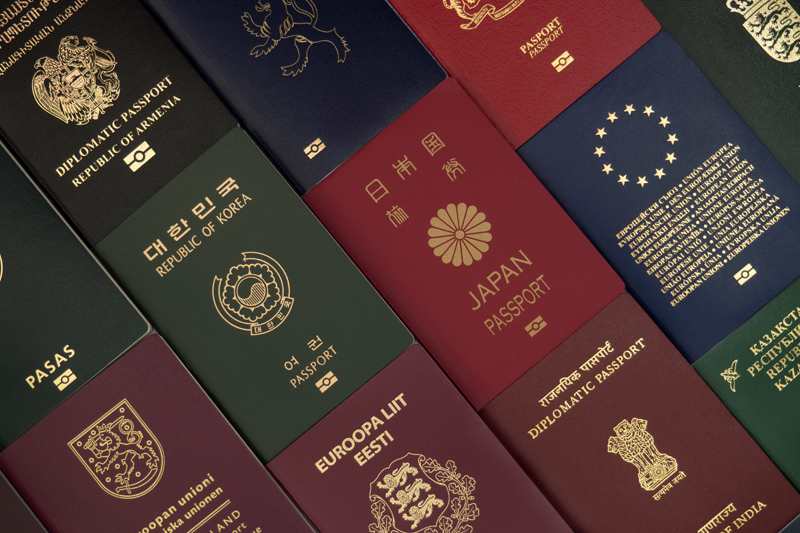A federal appeals court in Philadelphia has questioned whether a free-speech advocate and Pennsylvania attorney, Zachary Greenberg, has the standing to pursue his First Amendment challenge against the state’s adoption of an anti-harassment and discrimination professional rule for lawyers. The 3rd Circuit U.S. Court of Appeals panel quizzed Greenberg’s lawyer on whether Greenberg’s presentations as a program officer for the non-profit Foundation for Individual Rights and Expression would breach the Pennsylvania rule, which prohibits lawyers from knowingly engaging “in conduct constituting harassment or discrimination” based on race, sex, religion, and other grounds. The rule is modeled after an American Bar Association rule.
Greenberg claims that he is at risk of violating the rule because of presentations he gives about offensive and derogatory language. However, the Pennsylvania Supreme Court’s Office of Disciplinary Counsel said it would not prosecute such conduct. Judge Thomas Ambro stated, “It looks like you have an Office of Disciplinary Counsel doing its job in a way that doesn’t portend any type of harm coming to Mr. Greenberg.”
Lisa Blatt of Washington, D.C.-based law firm Williams & Connolly, who is representing the disciplinary board, argued Thursday that the notion that the rule chills speech is “frivolous.” “They cannot cite one example of any attorney who has been disciplined for purely ideological or controversial speech,” Blatt said.
In March 2022, U.S. District Judge Chad Kenney blocked the rule, finding it overbroad and conflicting with the First Amendment. Even if the state promised not to pursue disciplinary charges against him, Greenberg has said he would have to censor himself out of fear of inadvertently offending someone who might file a complaint against him.
Don’t settle for less. Search BCG Attorney Search for the highest-paying legal jobs in your area.
The rule has attracted support from the American Bar Association and other bar groups and opposition from conservative and religious groups, including on the grounds that bar officials could abuse it in the future.
The case involving attorney Zachary Greenberg and the Pennsylvania anti-harassment and discrimination professional rule for lawyers has raised important questions about free speech and the limits of attorney conduct. While Greenberg argues that he is at risk of violating the rule due to his presentations about offensive language, the Pennsylvania Supreme Court’s Office of Disciplinary Counsel has stated that it would not prosecute such conduct. The recent decision by U.S. District Judge Chad Kenney to block the rule has been controversial, with the American Bar Association and other bar groups supporting the rule and conservative and religious groups opposing it. This case highlights the ongoing debate around free speech and attorney conduct, and it remains to be seen how it will be resolved.















































